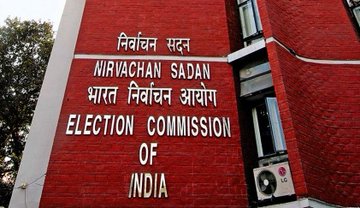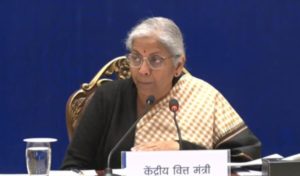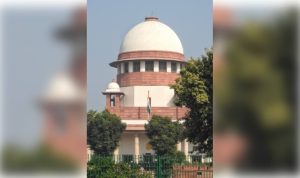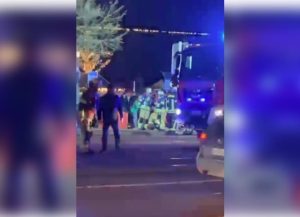Election Commission holds central observers’ meet

Photo: PIB
New Delhi: The Election Commission on Thursday held a meeting with over 1,800 observers to be deployed for the upcoming polls to the Lok Sabha as well as the four state assemblies to brief them about their responsibilities.
The meeting was attended by senior officers drawn from the Indian Administrative Service, the Indian Police Service, and the Indian Revenue Service as also from few other central services who are being deployed as general, police and expenditure observers, an official statement said.
Reminding them of their crucial role, Chief Election Commissioner Sunil Arora pointed out that the officers have no choice but to ensure that no mistakes are committed.
He noted that with changed times, concerns about abuse of money power and also social media were posing newer challenges, and emphasised that the endeavour of the Commission was not only to conduct free and fair, but also transparent, clean and ethical elections.
Election Commissioner Ashok Lavasa told the group that as observers, they needed to ensure implementation of all instructions of the Commission in letter and spirit. He said while the CVigil app had empowered every citizen to help the Commission keep a vigilant eye out for Model Code violations, but availability of the app had itself put more responsibility on officers managing and overseeing the electoral system.
He reiterated that the observers need to be accessible and available to all stakeholders on the ground as the officers were literally the extended arms of the poll panel in the field.
Election Commissioner Sushil Chandra pointed out that the role of expenditure observers had become crucial when methods of inducements to voters were becoming very innovative too.
During the day-long briefing sessions, the officers were given comprehensive inputs about the various aspects of election management with thematic presentations on election planning, observer’s roles and responsibilities, electoral roll issues, enforcement of Model Code of Conduct, legal provisions, EVM/VVPAT management, media engagement and the wide array of activities undertaken for voter facilitation.
The Observers were also acquainted with the various IT initiatives and mobile applications launched by the Commission for voter facilitation as well as effective and efficient management of election process in the field.
IANS




